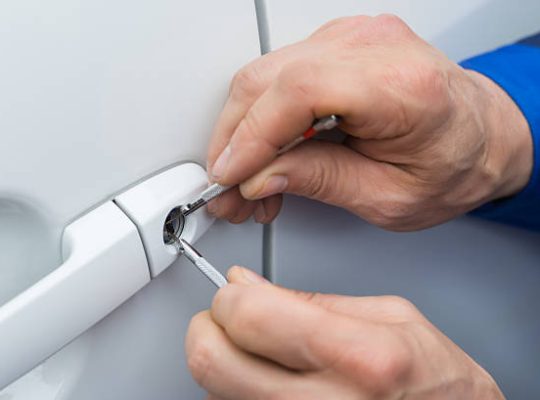Liquid gold, also known as liquid mercury, is a term used to describe a liquid form of mercury that has been used for centuries for a variety of purposes, including as a medicine, a cosmetic, and a religious artifact.
Mercury is a chemical element with the symbol Hg and atomic number 80. It is a silvery-white, odorless, and tasteless liquid that is highly toxic and can cause serious health problems, including brain damage and death.
The use of liquid gold dates back to ancient times, when it was believed to have healing properties and was used to treat a variety of ailments, including skin conditions, eye problems, and digestive issues. It was also used as a cosmetic, as it was believed to give the skin a youthful and radiant appearance.
In some religious traditions, liquid gold was considered a sacred substance and was used in religious ceremonies and rituals. For example, in ancient Egypt, liquid gold was used to make the golden mask of Tutankhamun, which was believed to protect the pharaoh’s face and preserve his beauty in the afterlife.
In addition to its use as a medicine and cosmetic, liquid gold was also used for a variety of practical purposes, such as in the production of electrical equipment and in the manufacture of dental fillings. It was also used in the production of gold coins and other forms of currency.
Despite its many uses, the use of liquid gold is now largely prohibited due to its toxicity and the potential for serious health problems. It is important to avoid exposure to liquid gold and to seek medical attention if you have been exposed to it.
In conclusion, liquid gold, also known as liquid mercury, has a long and varied history of use for a variety of purposes, including as a medicine, a cosmetic, and a religious artifact. While it was once considered a valuable and powerful substance, its toxicity and potential for serious health problems have led to its prohibition in many places. It is important to avoid exposure to liquid gold and to seek medical attention if you have been exposed to it.






